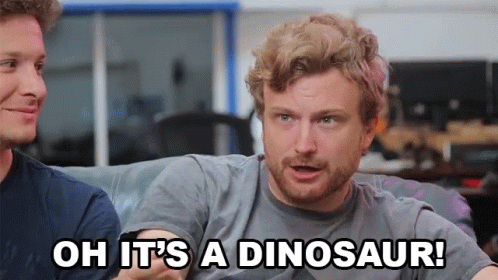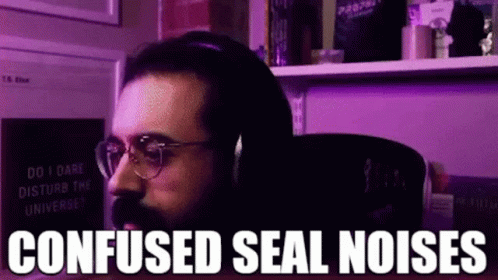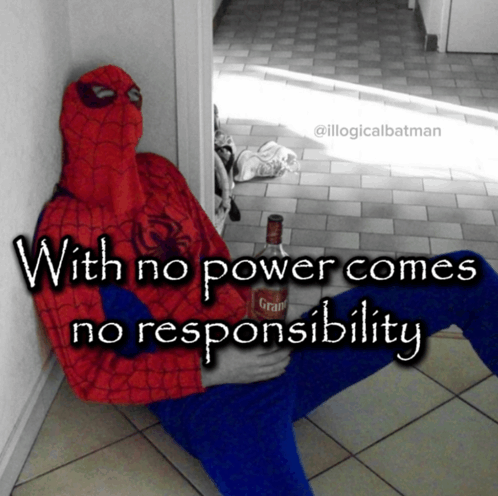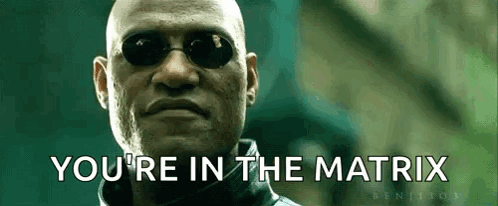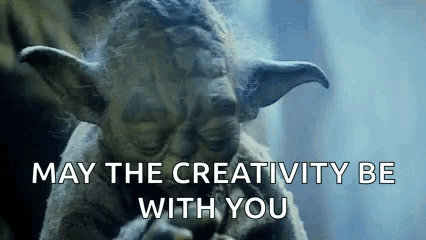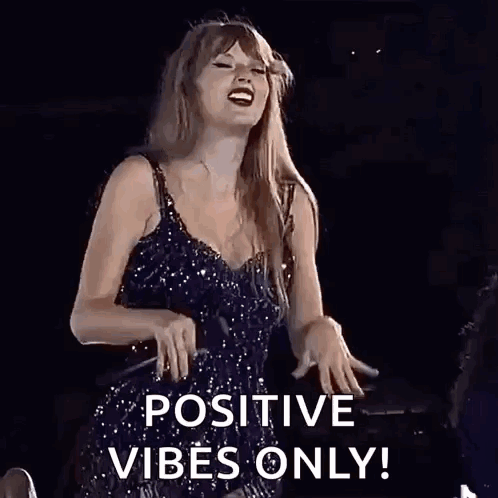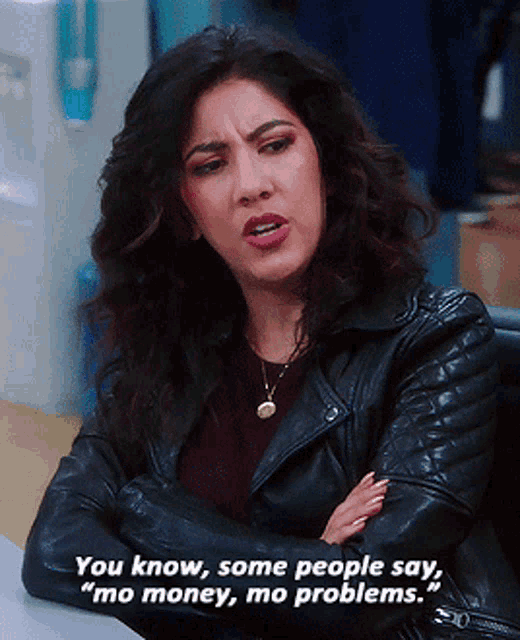10 Things I Wish I'd Known About Agency Life v/s Google Life
This #workanniversary, I've got a little challenge in store for ya!
Eleven years ago today, I began my first day as a Google employee.
That’s exactly half my career spent client-side, at one company — a far cry from what I’d imagined and planned when I set out.
Eleven years have passed in the blink of an eye. And yet, it could have all gone horribly wrong, right at the start. Not many people know this, but I came close to putting in my papers at least three times in that first year.
Looking back, what drove me to the brink of despair was the fundamental, often unspoken differences between the agency world I was so deeply familiar with, and the massive galaxy that’s Google.
And so I thought I’d reflect back upon that first year. And delve into the 10 things I wish someone had explained to me as a corporate naif, about those critical differences.
But there’s a twist.
Introducing today’s game: Agency or Google?
The rules:
I’ll list out two contrasting behaviours across 10 categories.
You need to guess which is Agency and which is Google.
Answers at the bottom of this post - no peeking!
1. The Calendar
a. Your calendar is important…one tool among many. It’s flexible and fluid, giving you the agility you need.
b. Your calendar dictates your existence…the non-negotiable OS. You quickly learn to be punctual.
Which is Agency, which is Google?
2. The Hierarchy
a. Titles can be unclear. Levels can be opaque. Understanding these take time and effort.
b. Titles often give a clear sense of role, level and remit. You generally know who does what.
Which is Agency, which is Google?
3. Ownership & Accountability
a) Ownership is highly individualised. You may not actually execute everything a project entails; but you are responsible to make sure it gets done.
b) Ownership is shared across different people. Each owner is ultimately accountable for their share of the project.
Which is Agency, which is Google?
4. Structure & Process
a) Reporting lines are clear. Your boss and skip boss are your key stakeholders and the only ones whose feedback matters.
b) Reporting lines are clear - however, your list of stakeholders is much broader, and often not obvious. Navigating the Global, Regional and Local teams is key.
Which is Agency, which is Google?
5. The Pace
a) Intense sprints driven by external factors. Adrenaline-fuelled. Highly exciting.
b) Marathon requiring sustained effort. Pace often dictated by internal processes. Highly exciting.
Which is Agency, which is Google?
6. Creativity
a) Big idea thinking is encouraged…but with a focus on driving impact on the world and value to the business.
b) Creativity is often about big, transformational ideas, and taking the world by surprise.
Which is Agency, which is Google?
7. The Vibe
a) Highly informal. What you see is often what you get.
b) Casual attire masks a more formal work etiquette.
Which is Agency, which is Google?
8. Performance & Advancement
a) Performance is tied directly to visible outcomes. Advancement feels more straightforward and linear. Feedback from others may not always factor in, though visibility and influence often do, especially at senior levels.
b) Performance is tied directly to visible outcomes as well as how one achieved them. Feedback from others is a key factor, as are visibility and influence at more senior levels. Advancement isn’t always linear.
Which is Agency, which is Google?
9. Communication & Decisions
a) Communication, especially upwards, is usually more formal, with thoughtful wording as one navigates stakeholders and sensitivities. Decisions involve building alignment across the org, using data to create strong rationales.
b) Communication can be incredibly direct, informal and blunt. Decision-making is usually quick, instinctive and driven by a few key people.
Which is Agency, which is Google?
10. Resources & Budget
a) Resourcing decisions are made more fluidly, often tied directly to current and projected cash flow in the business. A direct conversation with leadership is often all it takes to get what you need, though this has evolved significantly over the last few years.
b) Resourcing decisions involve formal planning cycles, with detailed business cases to justify ROI. Approvals from leadership and finance chains are required.
Which is Agency, which is Google?
The Answers
The Calendar
a) Agency
b) GoogleThe Hierarchy
a) Google
b) AgencyOwnership & Accountability
a) Google
b) AgencyStructure & Process
a) Agency
b) GoogleThe Pace
a) Agency
b) GoogleCreativity
a) Google
b) AgencyThe Vibe
a) Agency
b) GooglePerformance & Advancement
a) Agency
b) GoogleCommunication & Decisions
a) Google
b) AgencyResourcing & Budgets
a) Agency
b) Google
Hope you didn’t peek 😉 Share this post and your score on your LinkedIn for some good karma.
Samit




